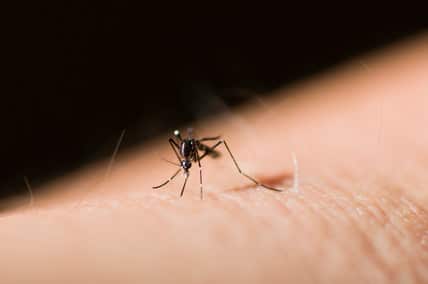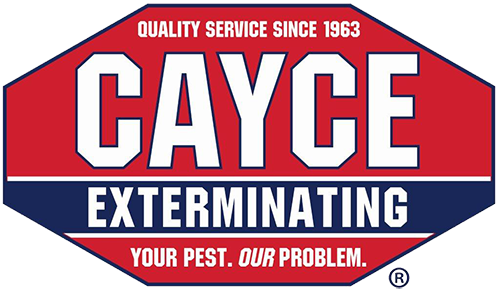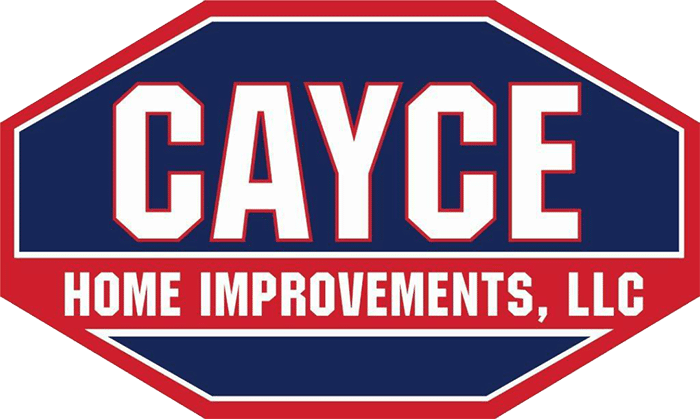WHAT EXACTLY IS SKEETER SYNDROME – SYMPTOMS, TREATMENTS AND MORE

WHAT EXACTLY IS SKEETER SYNDROME – SYMPTOMS, TREATMENTS AND MORE
 There are many reasons why mosquitoes are hated. For starters, these pesky and annoying bloodsuckers carry diseases such as the Zika and West Nile virus, dengue fever, and malaria. But even without the risk of a serious illness, mosquitoes can turn a lovely time outdoors enjoying the warm summer months into a living hell, especially for those who are especially sensitive and have severe reactions to mosquito bites.
There are many reasons why mosquitoes are hated. For starters, these pesky and annoying bloodsuckers carry diseases such as the Zika and West Nile virus, dengue fever, and malaria. But even without the risk of a serious illness, mosquitoes can turn a lovely time outdoors enjoying the warm summer months into a living hell, especially for those who are especially sensitive and have severe reactions to mosquito bites.
For most people, getting bitten by a mosquito is a tiny nuisance – annoying but ultimately harmless. But there are people whose bites get really red and swollen. They might be suffering from a condition known as Skeeter Syndrome. This article will shed light on this disorder, what are the common signs and symptoms, its treatment, and probable cause behind it.
WHAT IS SKEETER SYNDROME?
Skeeter syndrome is a severe allergic reaction to mosquito bites. Most people will normally have a small and itchy lump from such bites but those with skeeter syndrome may develop excessive inflammation, itching, and oftentimes fever. The symptoms build up quickly and last for a couple of hours.
The first mention of Skeeter Syndrome in medical literature describes it as a large localized inflammatory reaction from mosquito bites that are often accompanied by fever. In 1999, five cases were observed in otherwise healthy children. The report was published in the Journal of Allergy and Clinical Immunology.
There are several home remedies to help mitigate the symptoms. Medical intervention is also an option and involves immunotherapy. There is also the option to contact a professional exterminator like Cayce Exterminating who is experienced and equipped at dealing with mosquito problems.
The people that have skeeter syndrome are allergic to the protein present in mosquito saliva. The small bump and itchiness associated with a mosquito bite is an effect of this protein but to those with skeeter syndrome, the reactions are more severe and pronounced.
SYMPTOMS
Symptoms of skeeter syndrome are characterized by signs of inflammation which include heat, redness, swelling, and pain or itchiness. A medical doctor or allergy specialist can diagnose the problem through skin testing in the office or clinic. It’s also possible for allergists to diagnose the problem clinically. If a patient comes in with a swollen arm due to a mosquito bite, the patient is obviously suffering from skeeter syndrome.
Most cases of skeeter syndrome showcased in medical literature described just how severe these reactions can be – eyes swollen shut, extremely puffy face, and entire limbs that are swollen and red. In more severe cases, bites can cause blistering and bruising, fever or vomiting, and difficulty breathing.
PREVENTION
The recommended method for skeeter syndrome treatment is to avoid mosquito bites as much as possible. Precaution should be taken every time a person with skeeter syndrome goes outside. This includes:
- wearing long sleeve shirts and long pants
- wearing a scarf to protect the neck
- applying mosquito repellant and regularly applying it
- doing other repellant measures like bracelets and candles with citronella
Persons that have severe reactions should avoid going outside during times when mosquitoes are active – dusk until dawn.
Using DEET is also an effective repellant and products that contain 6% to 25% DEET is enough to provide 2 to 6 hours of protection against mosquitoes.
However, some mosquito repellent products can cause skin reactions in some people. It’s recommended that before applying a liberal amount of the product to the entire body, a small amount should first be tested on the skin.
TREATMENT
For reactions, it’s best to start with the simplest treatment. Applying ice or doing a cold compress and elevating the affected limb can help minimize the swelling and the redness. Doctors also recommend taking an oral antihistamine to reduce itching and swelling. Over-the-counter hydrocortisone cream can also help provide relief when it is rubbed directly on the bite.
For a more permanent solution, or for those that experience severe reactions, they can take allergy shots to desensitize themselves. However, allergy shots are a big long-term commitment for some people considering that skeeter syndrome isn’t life-threatening and mosquitoes aren’t usually a year-round problem. It’s much easier to avoid bites through careful planning or carry medications that can provide relief.
Some home remedies for skeeter syndrome include applying cooked oatmeal to the affected area to help reduce symptoms. Oats are known to have anti-inflammatory as well as antioxidant properties. If you need help with mosquito pest control in Columbia SC, rely on the pros at Cayce Exterminating.
Do you have a pest problem?
If so, Cayce Exterminating is the best exterminator in Columbia SC! We offer home pest control and commercial pest control in Columbia SC, Cayce SC & Lexington SC. Family owned and operated for over 50 years.
You can trust that our family of highly trained professionals will provide fast service with 100% satisfaction guaranteed. Our technicians are licensed by the state of South Carolina to ensure your safety as well as ours. And we’ll always treat you like family – because that’s what you deserve!
Call us today at 803-796-2847 or visit our website to schedule an appointment online! Pest control columbia sc is something that pest exterminators can take care of, but it should be noted that pest extermination isn’t the only pest removal tactic available. In fact, pest extermination should always go hand-in-hand with pest prevention as a pest infestation can quickly become a major problem for your home.
Cayce Exterminating Company, Inc.
2229 Taylor Road
Cayce, SC 29033
803-796-2847
https://caycebugs.com/
Exterminator Columbia SC

